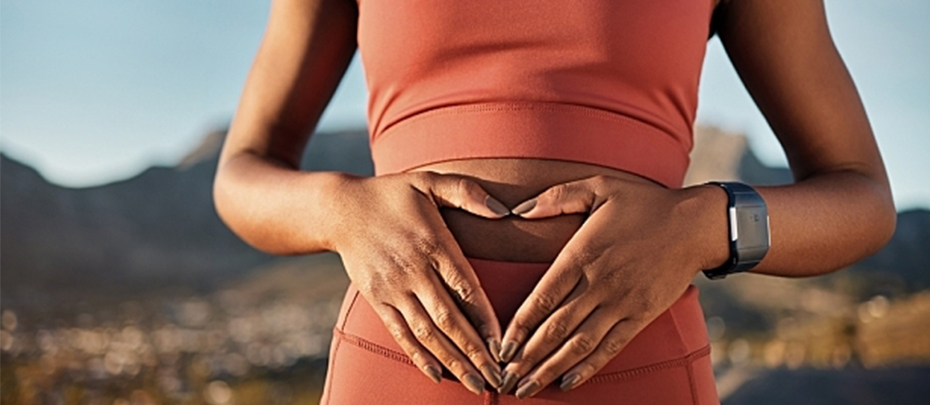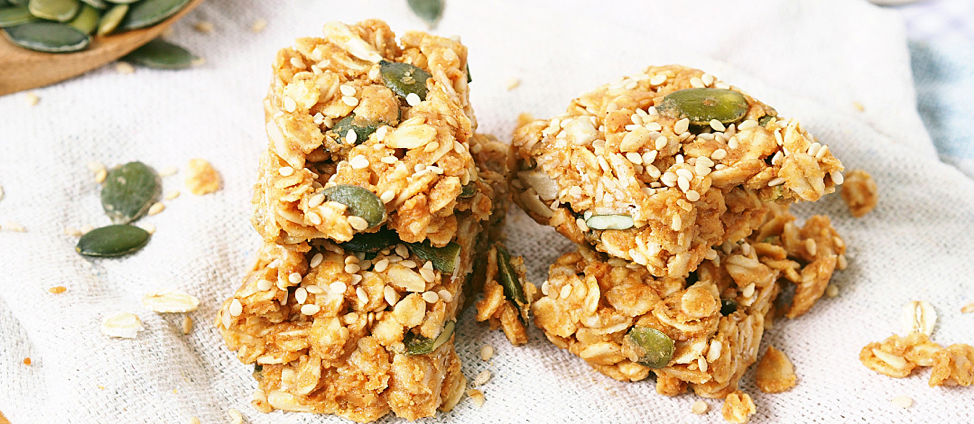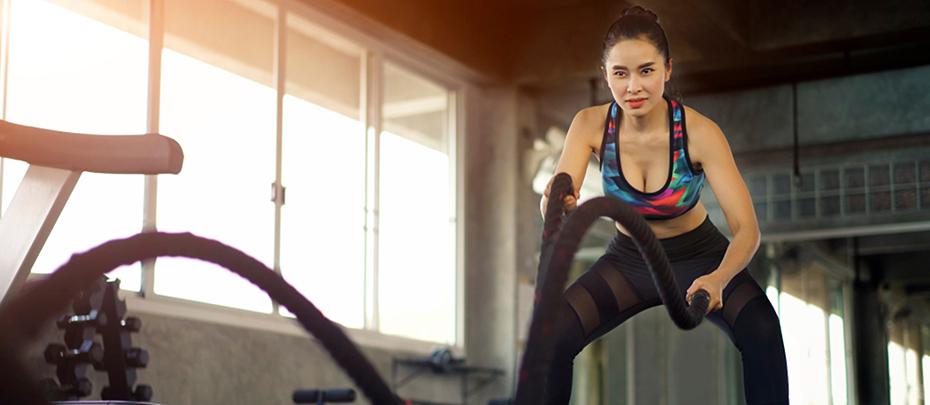In short, here's how it works: When you consume foods with fiber — such as fruits, vegetables and beans — your microbiota helps break down (or ferment) fiber, which produces short-chain fatty acids (SCFAs). SCFAs have been associated with a wide array of health benefits related to heart health, blood sugar control, and weight loss and maintenance. Your gut microbiota supports your immune system by strengthening the gut barrier to keep out potentially harmful bacteria. It also makes key vitamins, such as B vitamins and vitamin K.
A healthy gut microbiota has been linked to lower rates of many health issues, including inflammatory bowel disease, irritable bowel syndrome, asthma, obesity, type 2 diabetes and rheumatoid arthritis.
Does Exercise Affect the Gut?
A healthy gut microbiota promotes overall good health, and nutrition is key to both. But can exercise impact your gut bacteria, too?
Research shows that exercise benefits the gut by helping to increase the number of different types of bacteria. Some scientists have even suggested that exercise increases the growth of specific types of bacteria that help improve brain function as well as other types of bacteria that may help decrease anxiety and depression.
Other research suggests moderate endurance exercise can improve gut health regardless of other influential factors, such as eating habits. In short, exercise can help to promote healthy bacteria in the gut, which may help reduce inflammation and support immune function.
Can Gut Health Affect How You Exercise?
So, exercise has a positive impact on gut microbiota. But you might be surprised to learn that the relationship between exercise and gut health works both ways. A healthy gut can affect exercise endurance, too.
In one study, researchers explored the impact of different eating habits on elite endurance athletes' gut bacteria. Runners were either given a high-carbohydrate diet or a high-protein diet. The high-carbohydrate diet (roughly 490 grams of carbohydrates and 82 grams of protein) resulted in better athletic performance and a more stable gut microbiota. The high-protein diet (240 grams of carbohydrates and 319 grams of protein) resulted in poor athletic performance and a less stable gut microbiota.
The effect on gut microbiota stability could be due to the higher fiber content associated with carbohydrate-rich foods. Based on the findings of this study, researchers recommend athletes be mindful of their food choices leading up to athletic performance.
In summary, exercise may influence the composition of the gut, which in turn supports physical performance.
How Can You Support Your Gut Microbiota?
If you want to increase the number and types of good bacteria in your gut to help improve health outcomes and support better physical endurance, consider these tips in addition to regular exercise:
- Aim for 25 to 35 grams of fiber per day. Think beans, berries and whole grains.
- Consume a variety of colorful fruits and vegetables each day.
- Add fermented foods to your routine, such as kefir, kimchi and sauerkraut.
- Consider a probiotic supplement. Consult your doctor for advice.
As researchers become more aware of the interplay between gut microbiota and the health of other systems in the body, it's clear there's a connection between what you eat, how you exercise and the activity of beneficial bacteria in your gut.
Moving forward, it may be possible to target specific bacteria that can improve athletic performance or mitigate the risk of a particular disease. For now, take a proactive approach to your gut health and keep an eye on this exciting, innovative field of nutrition science.




Social Share